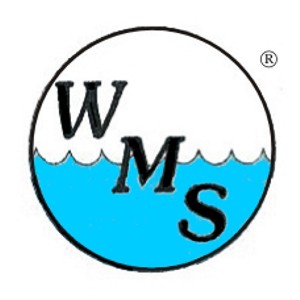

![]()
WATER MANAGEMENT SERVICES INC. of PA
Softening
When water contains a significant amount of calcium and magnesium, it is called hard water. Hard water is known to be a primary source of clogs.
Water softening is a technique that serves the removal of the ions that cause the water to be hard, in most cases calcium and magnesium ions. Iron ions may also be removed during softening.
Hard water causes a higher risk of lime scale deposits in water systems. Due to this lime scale build-up, pipes are blocked and the efficiency of operating equipment is reduced. This increases the utility cost as much as twenty percent.
Water softeners are specific ion exchangers that are designed to remove ions, which are positively charged. Softeners mainly remove calcium (Ca2+) and magnesium (Mg2+) ions. Calcium and magnesium are often referred to as 'hardness minerals'. Softeners are sometimes even applied to remove iron.
Softeners can operate automatic, semi-automatic, or manual. Each type is rated on the amount of hardness it can remove before regeneration is necessary. A water softener collects hardness minerals within its conditioning tank and from time to time flushes them away. Ion exchangers are often used for water softening.
When an ion exchanger is applied for water softening, it will replace the calcium and magnesium ions in the water with other ions, for instance sodium or potassium. The exchanger ions are added to the ion exchanger reservoir as sodium and potassium salts (NaCl and KCl).
© 2006 Water Management Services Inc. All Rights Reserved.
Website created and hosted by Philly Webmaster
